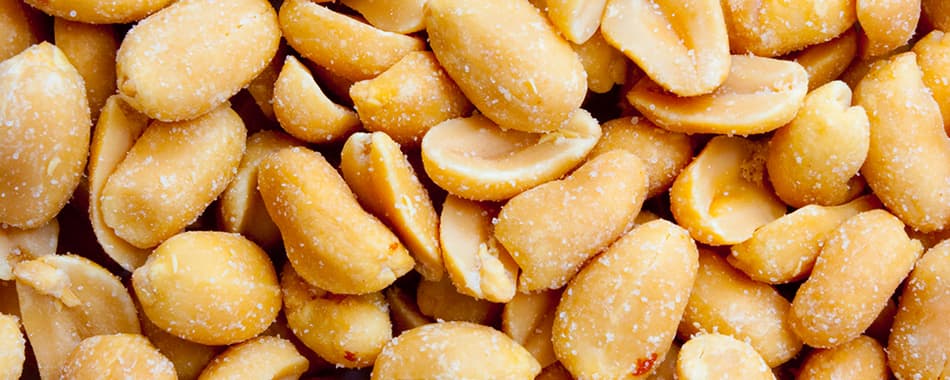Get in touch
Our automation works smarter, wastes less, and optimizes your lines to ensure quality is consistent and potential recalls are a thing of the past.
Speak with us to learn how you can make Every Resource Count!™

With global peanut production huffing past the 45 million metric ton mark in 2018, according to International Nut and Dry Fruit Board, the global appetite for this unassuming ground nut has been skyrocketing. Not only have peanuts established themselves as an increasingly versatile food item in the human diet, but their consumption is distributed globally, with China producing and consuming approximately 40% of the produce.
Worldwide, peanut producers are facing daily challenges, especially when it comes to such a large-scale and wide-ranging supply and demand operation. Concerns regarding food safety and quality, as well as the right pricing model, need to be considered, in order to supply an end-product that is both compliant and in line with consumer demands.
There are a number of overarching trends, that have not skipped the peanut industry. Global growth of the middle class has led to an increase in consumption of perceivably more sophisticated and healthier food items, such as nuts. On the other hand, foreign contaminants, aflatoxin and decreasing availability of agricultural resources continue to impact the peanut industry.
Certain price-sensitivity issues have also been noted, with a bumper harvest in the USA in 2017 creating an oversupply on the market. This, in turn, pushed the local raw product prices marginally lower. Nonetheless, the price has remained stable over the long run and in line with the demand.
While the peanut production industry has seen a steady expansion and is projected to record double-digit growth over the next 10 years, certain challenges remain. Some of these have been addressed through the implementation of automation solutions in production plants.
Here are a few challenges and the opportunities that arose out of those, through the implementation of apt strategies.
Globally, countries and trade blocks have undertaken stringent steps to guarantee that the quality of peanuts imported from alternative markets matches their safety criteria. A pre-export check (PEC) certificate is a common instrument for this monitoring. A recent scare between USA producers and the EU regarding revocation of their PEC and inability to export to the block, tackled the scenario of oversupply on the local market and its negative effect on the product price.
